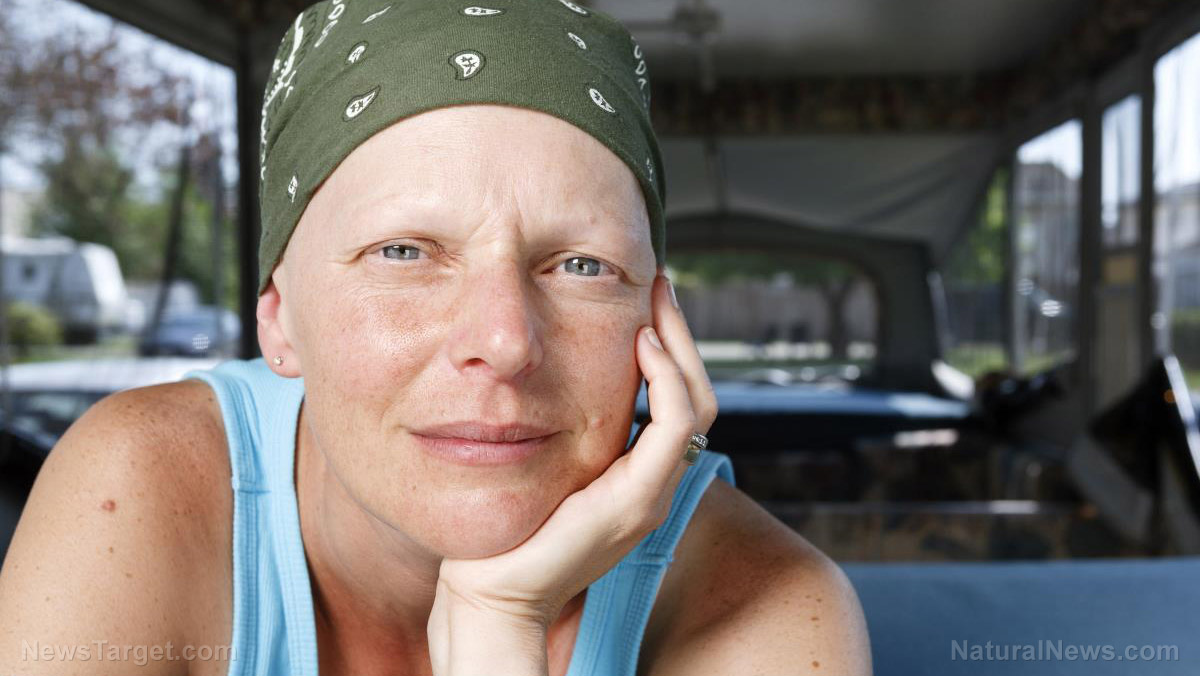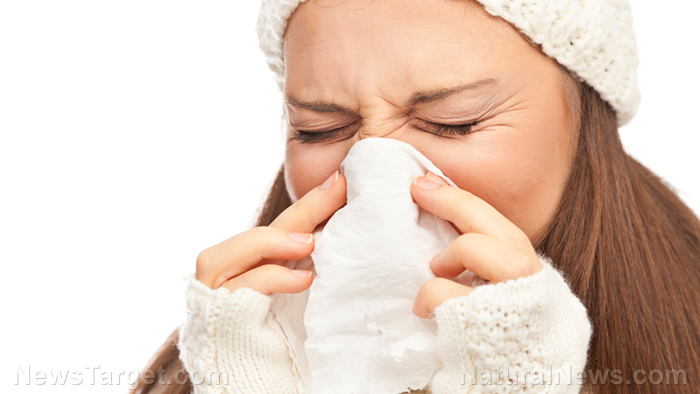The “best” countries are the sickest despite access to “better” food and healthcare, according to new study
02/19/2019 / By Isabelle Z.

Many of us who live in the developed world feel grateful that we have far better access to healthcare and food than those who come from poorer nations, but a recent study has reached the surprising conclusion that the countries often considered “better” are actually far worse when it comes to illnesses like cancer.
Researchers from the University of Adelaide have discovered that the ten countries that have the best access to healthcare – Iceland, Switzerland, Japan, Singapore, Germany, Luxembourg, Cyprus, Andorra, Italy and Sweden – had higher rates of cancer than the ten countries that rank the lowest in healthcare access: Democratic Republic of the Congo, Somalia, Burkina Faso, Cameroon, Guinea-Bissau, Chad, Sierra Leone, Central African Republic, Burundi, and Afghanistan.
The differences were quite dramatic with some cancers, with the top 10 countries having rates of testicular cancer and skin melanoma that were 14 times and 10 times higher than the bottom 10 countries, respectively. Lung cancer was 12 times higher in the top ten countries, and the researchers point out that smoking only accounts for around half of this type of cancer. Brain cancer rates were 6.5 times higher in the top countries, while pancreatic cancer was 5.1 times higher. Prostate cancer and leukemia rates were both 3.5 times higher among the top ten countries, breast cancer rates were 2.7 times higher, and ovarian cancer rates were twice as high.
One type of cancer, however, noted the opposite trend, with cervical cancer rates being five times higher in the 10 worst countries, possibly due to poor hygiene.
The scientists reached their conclusions after analyzing global cancer data for people up to the age of 49, which is considered to be inside the reproductive lifespan, from 173 countries provided by the World Health Organization. They ranked the countries in terms of medical services quality, mortality and fertility rates, socioeconomic status and urbanization.
Modern healthcare to blame?
According to the University’s Biological Anthropology and Comparative Anatomy Research Unit Head, Professor Maciej Henneberg, it’s the same modern healthcare that many people find so helpful that is behind this disturbing trend. That’s because our high-tech treatments enable more people to survive cancer, which means their cancer-causing genes can be passed down to another generation. Before people could survive cancer with medicine, more individuals died from it and were therefore unable to pass on their genes. Indeed, some cancers have doubled and even quadrupled in prevalence over four or five generations during the past 100 to 150 years.
Similarly, the predisposition to obesity and diabetes is also being passed down, and it’s no secret that richer nations have better access to food, including the unprocessed and unhealthy varieties that make all of these conditions worse.
“Besides the obvious benefits that modern medicine gives, it also brings with it an unexpected side-effect: allowing genetic material to be passed from one generation to the next that predisposes people to have poor health, such as Type 1 diabetes or cancer,” Professor Henneberg said.
Keeping cancer risks down
While Henneberg says that he is strongly opposed to eugenics, he believes that repairing the genes that are damaged by mutations is essential in stemming the growing rates of cancer and diabetes. Of course, it’s a complicated area with a lot of ethical problems that need to be addressed.
In addition, it remains crucial for people to focus on the factors that are within their control when it comes to reducing their risk of cancer, such as eating a proper diet, avoiding environmental toxins, maintaining a healthy weight, exercising regularly, and getting plenty of vitamin D from sunshine. You may not be able to control your genes, but living in a “better off” country can also work to your advantage if you embrace the opportunities it presents to focus on a healthy lifestyle.
Sources include:
Tagged Under: cancer prevalence, developed nations, diabetes, health, modern medicine, natural selection, research, toxic healthcare, world health



















